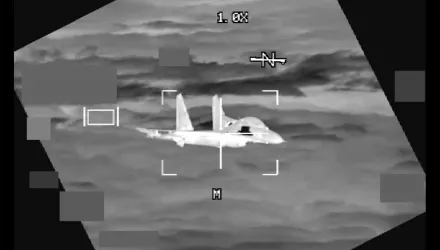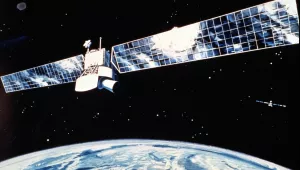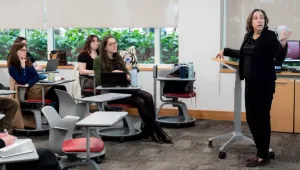Defense, Foreign and Domestic Policy Issues
Synopsis of the Study:
The military reform in the People’s Republic of China (PRC), announced by China’s supreme party and state officials in 2015, is unprecedented in scale and depth. It aims to add a new dimension to China’s armed forces - to provide for more a compelling strategic deterrence and ability to win a local war, if such war breaks out. This reform is also a demonstration of a critical stage of development of China’s political system.
This stage comprises another cycle of intensification of the role of the Communist Party of China (CPC) in the country’s political life, including the military.
The military reform also plays an important role in China’s foreign policy, where the military component of the country’s nattional security policy is becoming increasingly important. This reform is inextricably entwined with the PRC government’s large-scale efforts to fight against corruption, both in the military and the country as a whole. As noted by Mikhail Titarenko, member of the Russian Academy of Sciences, corruption among party and government officials in China is especially dangerous and “is declared the most serious, deadly threat to the socialist system and the CPC’s authority among the nation.”
The country’s army, which will be under even more multifaceted control, executed by China’s supreme party and government officials through the Military Council (MC) of the Central Committee of the Communist Party of China (CC CPC) and the Central Military Commission (CMC) of the People’s Republic of China, will continue to provide for homeland security within China. In particular, one must not rule out that the new 5 theater commands established to replace 7 “major military regions” of the Chinese People’s Liberation Army (PLA), in an acute crisis situation, will be intended to play the same role in the country as the “major military regions” could play.
Radical change of command and control (organization and equipment) structures is a classical maneuver to legitimize a massive staff reshuffling. In turn, staff reshuffling may improve the military forces’ efficiency in problem solving and ensure the proper loyalty of commanders and political commissars to the country’s party and state authorities.
The time-proven mechanisms of the Military Council (MC) of the Central Committee of the Communist Party of China (CC CPC) and the Central Military Commission (CMC) of the PRC, developed over the course of the reform, will enable the China’s military-political and military-strategic management (governance) system to preserve its pronounced specific features.
Read the full paper using the PDF below:
Kokoshin, Andrei A.. “2015 Military Reform in the People’s Republic of China.” October 2016



